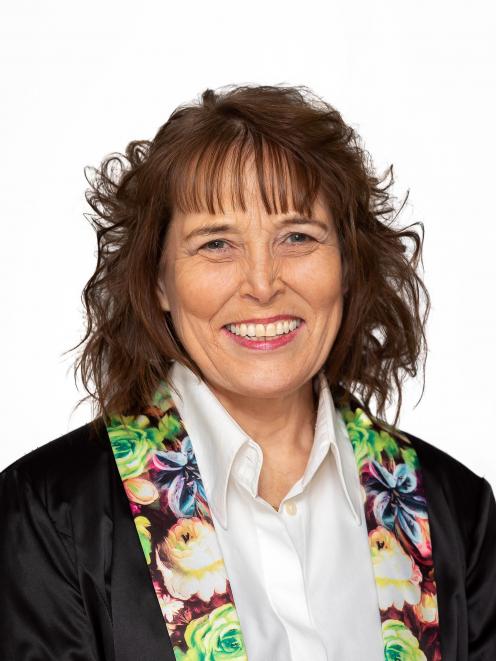
Yesterday, city councillors discussed their response to the government’s announcement it would no longer fund free public transport for users under 13, or half-price fares for those under 25.
The changes are set to take effect from the start of next month, and in the case of Invercargill, leave a $95,000 hole.
Council strategic asset planning manager Doug Rodgers said some other councils were keeping "some but not all" of the benefits — which they would now have to foot themselves.
Mr Rodgers presented several different costings available to the council, which ranged from $59,000 to $141,000 per annum depending on what kind of subsidy it wanted to foot.
Cr Lesley Soper said it was a known fact the council was struggling with low numbers on its public transport network, and advocated for reduced fares for young people.

"We just have to be serious about the fact we cannot sustain another drop in the usage of our public transport.
"This is the age group we want to get into the habit of using public transport and seeing it as a viable option."
According to council data, about 140,000 total passenger trips were logged on the city’s network every year.
Cr Darren Ludlow said it was important to encourage young parents with children to use it.
The decision around subsidy was a tough one because the council needed to keep a lid on expenses while also being aware of the increase in household expenditures, he said.
Mayor Nobby Clark questioned the need to subsidise the teenage age bracket, saying it was possible the council would end up "pouring a lot of money in, but not getting a lot of benefit for a very small group".
He called for more data on patronage before a decision was made.
Cr Trish Boyle advocated for people who had come to the city from a refugee background and tended to live on the outskirts of the city.
"Their only transport is by bus, and they use it frequently," she said.
"And perhaps, Mayor, I could take you for a ride in the morning and you could see a few people on the bus."
With most elected members speaking in favour of retaining a subsidy of some kind, deputy mayor Tom Campbell said he wanted to "pour a little bit of cold water" on what he was hearing.
Mr Campbell said the council risked unfairly penalising ratepayers if it sought to plug the gaps left by a lack of taxpayer funding.
"This might be the first of a number of things we see coming through where government has decided we can’t afford.
"If every time we step up ... then all we’re doing is pushing the rates burden north."
Councillors ultimately moved to continue subsidising the network out of its own pocket for two more months, during which time staff would prepare a follow-up report with more data.
LDR is local body journalism co-funded by RNZ and NZ On Air









